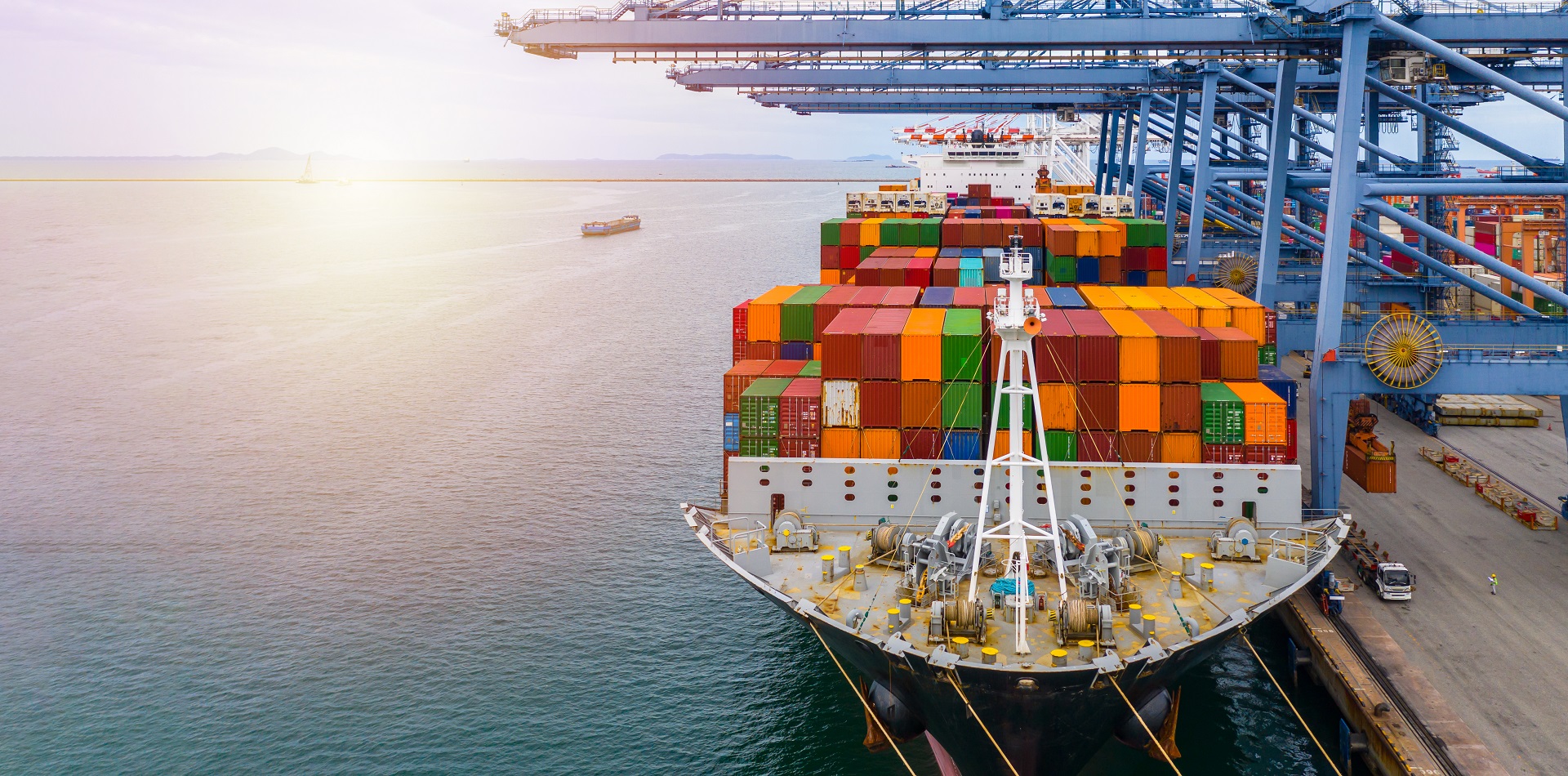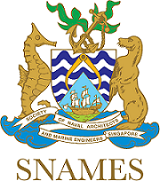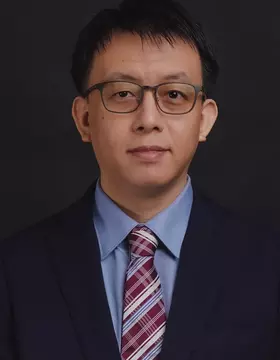
About Course
Decarbonisation has become a key agenda item for the maritime industry. The International Maritime Organisation aims to reduce annual greenhouse gas emissions from international shipping by at least half by 2050 compared to 2008 levels. The goal is to eventually eliminate GHG emissions from shipping in this century.
To achieve this goal, more ships will be equipped with various energy-efficient technologies and energy storage systems and be ready for alternative green fuels. This course will help engineers from shipyards and equipment/service providers renew their knowledge and engineering skills on the latest decarbonisation technologies. This course will also equip ship operators and middle managers, including ship owners and charterers, with knowledge of the latest green technologies, which will aid in their decision-making process.
The course is designed to equip the participants with the basic operating principles and practical skills of the latest technologies, including ship digital twin, wind-assisted propulsion, air lubrication systems, carbon-neutral fuel, battery and shore-to-ship charging, shipboard carbon capture, and storage.
Upon the completion of the course, participants will be able to:
- Understand the basic principles of the latest decarbonisation technologies
- Understand the advantages and limitations of each technology
- Make decisions on the selection and implementation of green technologies for a specific type of vessel
- Understand the future trend and possible pathways towards maritime decarbonisation
Who Should Attend
Learning Outcomes
This course provides participants with state-of-the-art knowledge and practical use cases of technologies and developments that are critical to maritime decarbonisation.
The topics are grouped into five areas:
Introduction to Maritime Decarbonisation
- Overview of maritime decarbonisation
- Role of green fuels
- Standards and guidelines
- Role of digitalisation
Energy-efficient Technologies
- Theoretical background and operating principles
- Use cases and practical knowledge
Pathways to Net Zero Emissions and Alternative Fuels
- Carbon-neutral fuels
- Zero-carbon fuels
Hybrid Technologies
- Energy storage system (batteries)
- Shore-to-ship charging
- Fuel cell
Future Technologies
- Shipboard carbon capture and storage
- Nuclear marine propulsion

Teaching Team

Wang Xin
Associate Professor/Prog Leader, Engineering, Singapore Institute of Technology

Elsa Feng Xue
Associate Professor, Engineering, Singapore Institute of Technology
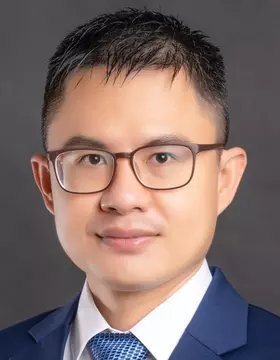
Wong Wee Chin
Assistant Professor, Singapore Institute of Technology

Brijesh Tewari
Lead Maritime Decarbonisation Consultant, Lloyd's Register

David Xu
Area Sales Manager, Wärtsilä
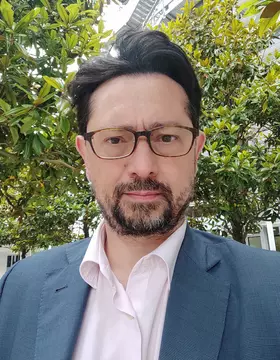
Giulio Gennaro
Chartered Mechanical Engineer, CTO Core Power UK

Joselito Guevarra
Technical Director-Climate, Mott MacDonald

Patrizio Di Francesco
Principal Engineer, RINA | Special Projects BD Manager, EMEA

Qin Geng
Senior Engineer, Technology at ABS

Wong Kai Cheong
Council Member (Vice-President), SNAMES
Course Details
Schedule
| Day | Time | Topic |
|---|---|---|
| Day 1 | 8:30 am – 1:00 pm | Introduction |
| 2:00 pm – 5:00 pm | Energy Efficient (EE) Technology | |
| 5:00 pm – 6:00 pm | Hybrid technologies | |
| Day 2 | 8:30 am – 12:00 pm | Pathways to net zero emissions |
| 1:00 pm – 1:30 pm | Q&A Assessment 1 | |
| 1:30 pm – 2:30 pm | Hybrid technologies | |
| 2:30 pm – 4:30 pm | Future technologies | |
| 4:30 pm – 5:00 pm | Q&A Assessment 2 and course feedback |
Certificate and Assessment
A Certificate of Attainment will be issued to participants who:
- Attend at least 75% of the course
- Undertake and pass non-credit bearing assessment during the course
Participants who meet the attendance requirement but do not pass the assessment will receive a Certificate of Participation.
Fee Structure
The full fee for this course is S$2,180.00.
| Funding Category | Eligible Funding | Course Fees Payable After Funding |
|---|---|---|
| Singapore Citizen (Below 40) | 70% | S$654.00 |
| Singapore Citizen (40 & Above) Funded under SkillsFuture Mid-Career Enhanced Subsidy (MCES) | 90% | S$254.00 |
| Singapore PR / LTVP+ Holder | 70% | S$654.00 |
| Non-Singapore Citizen | Not Eligible | S$2,180.00 |
Note: All fees above include GST. GST applies to individuals and Singapore-registered companies.
Course Runs
New Engineering Micro-credentials Launching Soon!
Exciting news! We are introducing new micro-credentials in Electrical and Electronic Engineering & Infrastructure and Systems Engineering. Be among the first to know by registering your interest today! Register now →
